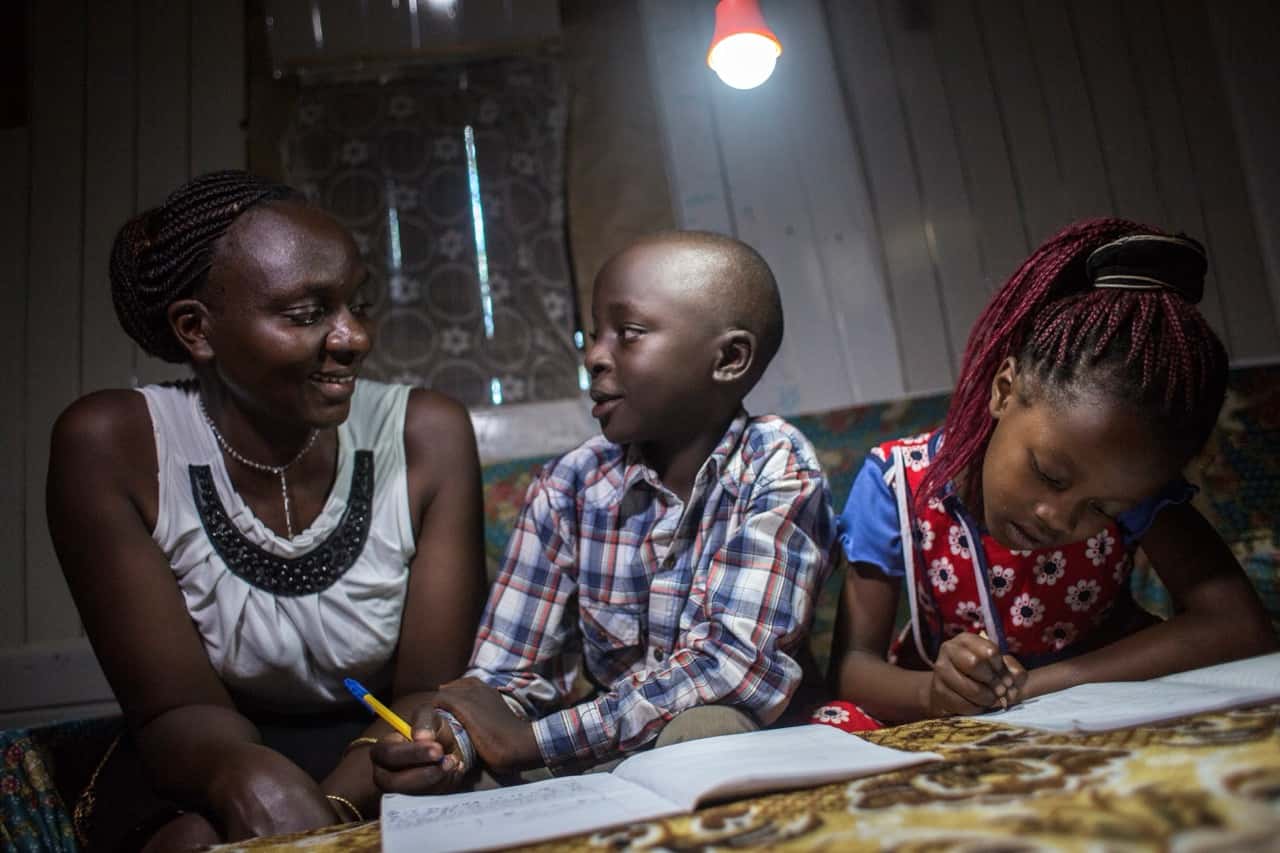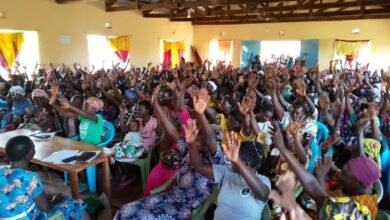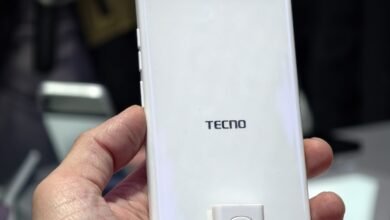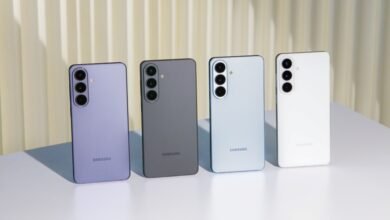
d.light, the provider of transformational household products and affordable finance for low-income households, has announced a significant milestone: achieving its highest ever quarterly revenue and profits in Q2 2024. This marks the company’s first net income profitable quarter since its founding in 2007.
The remarkable financial performance in Q2 2024 was driven by consecutive record-breaking monthly revenue figures in May and June, coupled with improved operational efficiencies. This led to d.light’s historic net income profitability, setting the company on course to achieve its target of 60 percent year-on-year revenue growth for the current financial year.
Commenting on the achievement, d.light CEO Nedjip Tozun stated, “We’ve set ourselves ambitious growth targets for this financial year and our record-breaking results in Q2 demonstrate that we’re capable of reaching new heights in the coming months. d.light has been EBITDA profitable for several years and we are thrilled to announce our first-ever net income profitable quarter. It’s a true indicator of long-term sustainability for d.light and for the Pay-Go business model, and is a critical milestone for achieving our goal to transform the lives of one billion people by 2030.”
d.light Expansion in Sub-Saharan Africa
d.light’s impressive Q2 growth was primarily fueled by its expansion in Sub-Saharan Africa, a region where the company has significantly increased its presence in recent years. This growth has been supported by securitized receivables financing facilities. Since the beginning of 2020, d.light has established five securitized finance facilities in Sub-Saharan Africa, with a combined total value of USD 718 million. These include two facilities in Kenya, one each in Nigeria and Tanzania, and a new USD 176 million facility for Kenya, Tanzania, and Uganda established earlier this month.
These financing facilities have enabled d.light to expand its operations and make its solar-powered products more affordable for low-income households and rural communities. This, in turn, has contributed to the significant increase in sales. In addition to its success in Sub-Saharan Africa, India has also been a significant growth market for d.light, with the company experiencing over 73 percent growth in the past year.
Tozun continued, “Over the past few years we’ve steadily grown our presence in Sub-Saharan Africa. Expansion in Sub-Saharan African countries – including Nigeria, Kenya, Tanzania, and Uganda – has improved the day-to-day lives of millions in these countries who live without access to a reliable electricity supply. We’ve championed securitization as a financial tool for growth ever since we established our first facility back in 2020. The financing that we’ve closed since then has enabled d.light to reach more people and maximize our positive impact.”
Global Energy Access Challenges
A recent report (June 2024) by the International Energy Agency (IEA), the International Renewable Energy Agency (IRENA), the United Nations Statistics Division (UNSD), the World Bank, and the World Health Organization (WHO), highlighted the ongoing global energy access challenges. The report found that in 2022, 685 million people worldwide lived without electricity access, including 570 million in Sub-Saharan Africa. Additionally, 2.1 billion people globally relied on polluting fuels for cooking, predominantly in Sub-Saharan Africa and Asia.
The report also noted that population growth combined with the economic slowdown from COVID-19, the global energy crisis, and inflation had caused the number of people without access to electricity to increase for the first time in over a decade, rising by ten million since 2021.
Commitment to Positive Change
Tozun concluded, “d.light’s exceptional Q2 performance, our strong balance sheet, and the ongoing efforts to scale up our offerings and broaden our reach are testament to the hard work and commitment of our d.light colleagues to deliver positive change. We’re very much aware there is more work to do to ensure that people worldwide have access to safe, affordable solar energy. We want to continue supporting underserved communities that lack basic amenities for lighting and cooking, to achieve our ultimate goal of transforming the lives of one billion people by 2030.”





